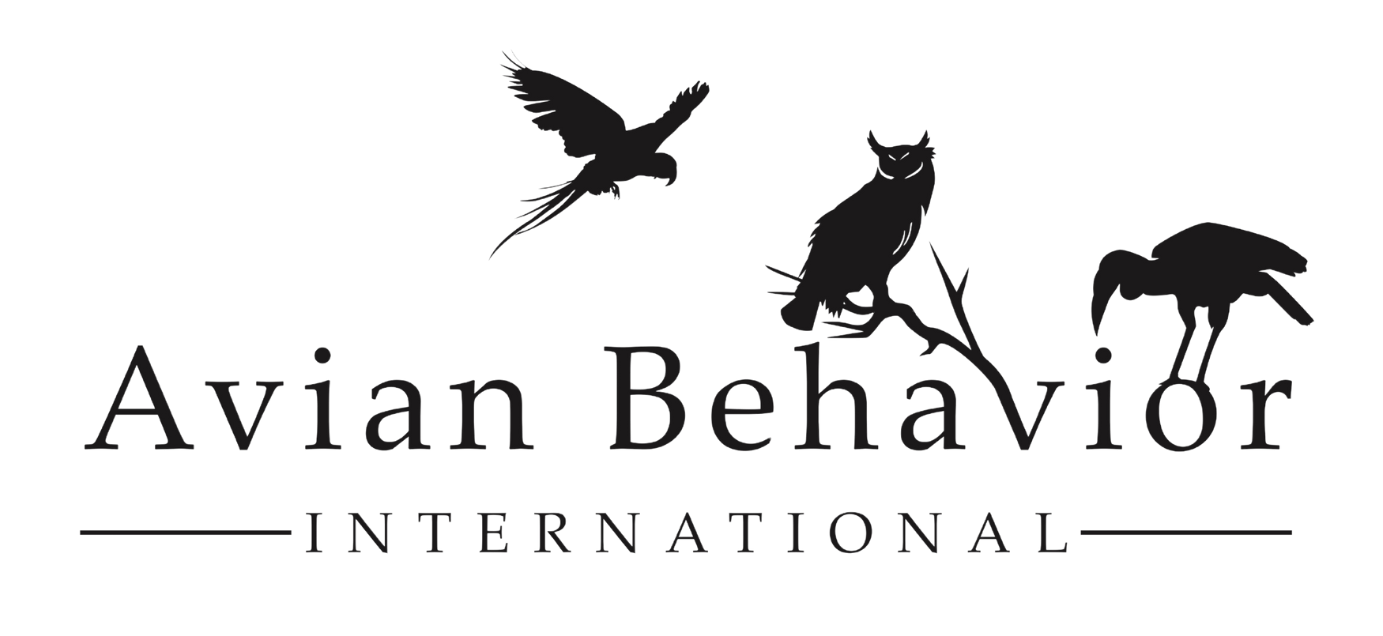07 Jan 25 How to Be an Ambassador For Trust
Being intentional about your choices, the shortcuts you take or don’t take in your relationships with people and animals all make up a mosaic that is our behavioral repertoire and learning evolution. How much that we recognize how our actions impact future decisions for the individuals around us makes us better animal trainers and more cognizant, inspirational leaders. Trust comes with honesty, and honesty comes with introspection and self reflection. This podcast ties in thoughts on being a business owner during the pandemic as well as putting together actionable steps for a building trust in a relationship with your bird for a huge toolkit and incredible behaviors.
What You’ll Learn in This Episode:
- Hillary’s thoughts on the science of habits
- What is “ambassadorship”?
- How management in the workplace relates to animal training and building trust
- Honesty: The key to building trust
- How your behavior defines how others see you as an ambassador
- Forging a strong character in high-stakes situations
- How crate training can teach us a lesson about establishing long-term trust
- Why we tend to take trust and honesty for granted or as a foregone conclusion
- How lies cause relationships to slowly erode
- Simple steps to gaining an animal’s trust
Related Articles from Avian Behavior
How to Stop Your Bird from Biting To Step up
Episode Summary:
“An ambassador is an official envoy that represents one governing body to another.”
Our behavior represents ourselves to the people and the animals in our lives, and how that influences their behavior in the future.
With a turbulent 2020 behind us and the year ahead looking much the same, a leader that weathers any storm understands that trust is the glue that will hold their team together no matter what the future holds.
Trust, as Hillary explains, is built not through false hope or empty promises (as tempting as that may be to many people this year), but through honesty. Both human beings and animals will sense dishonesty, even if good intentions drive that dishonesty. It spells disaster in the long-term when it comes to your influence on their behavior.
Hillary poses a couple of important questions: “How are we going to move through the world representing our demographic? What are we going to do to impact the next person positively?”
Being intentional about your choices is vital. The shortcuts you take or don’t take in your relationships with people and animals all make up a mosaic that is our behavioral repertoire and learning evolution.
Becoming better animal trainers and more cognizant, inspiration leaders run parallel to how we recognize how we see our actions impacting future decisions for the individuals around us. Again, trust comes with honesty, and honesty comes with introspection and self reflection.
This podcast ties in thoughts on being a business owner during the pandemic as well as putting together actionable steps for building trust in a relationship with your bird for a huge toolkit and incredible behaviors.
References
Sapolsky, Robert. Behave. Penguin Books 2017.
Podcast: Hidden Brain. “The Double Standard.” Shankar Vedantam. January 4, 2021.
Podcast Behavioral Grooves. ” Dan Hill, PhD: On the Facial Coding of Trump, Hendrix, Prince, Gretzky, and the Beatles.” May 31, 2020.
Get exclusive bonus content and help support the production of the Avian Behavior Podcast by becoming a Patreon for a little as $5/month!
Click here for more information on becoming a patron!
Need online animal behavior support at your fingertips? Bird training is complex. The Avian Behavior Lab makes it easy.
Click here to try out the Avian Behavior Lab for FREE with the coupon code “AVIAN”
Get the most out of your training sessions and fix your bird behavior problems once and for all with the Fundamentals of Behavior Workbook!
Click here to grab our free Fundamentals of Behavior workbook!

